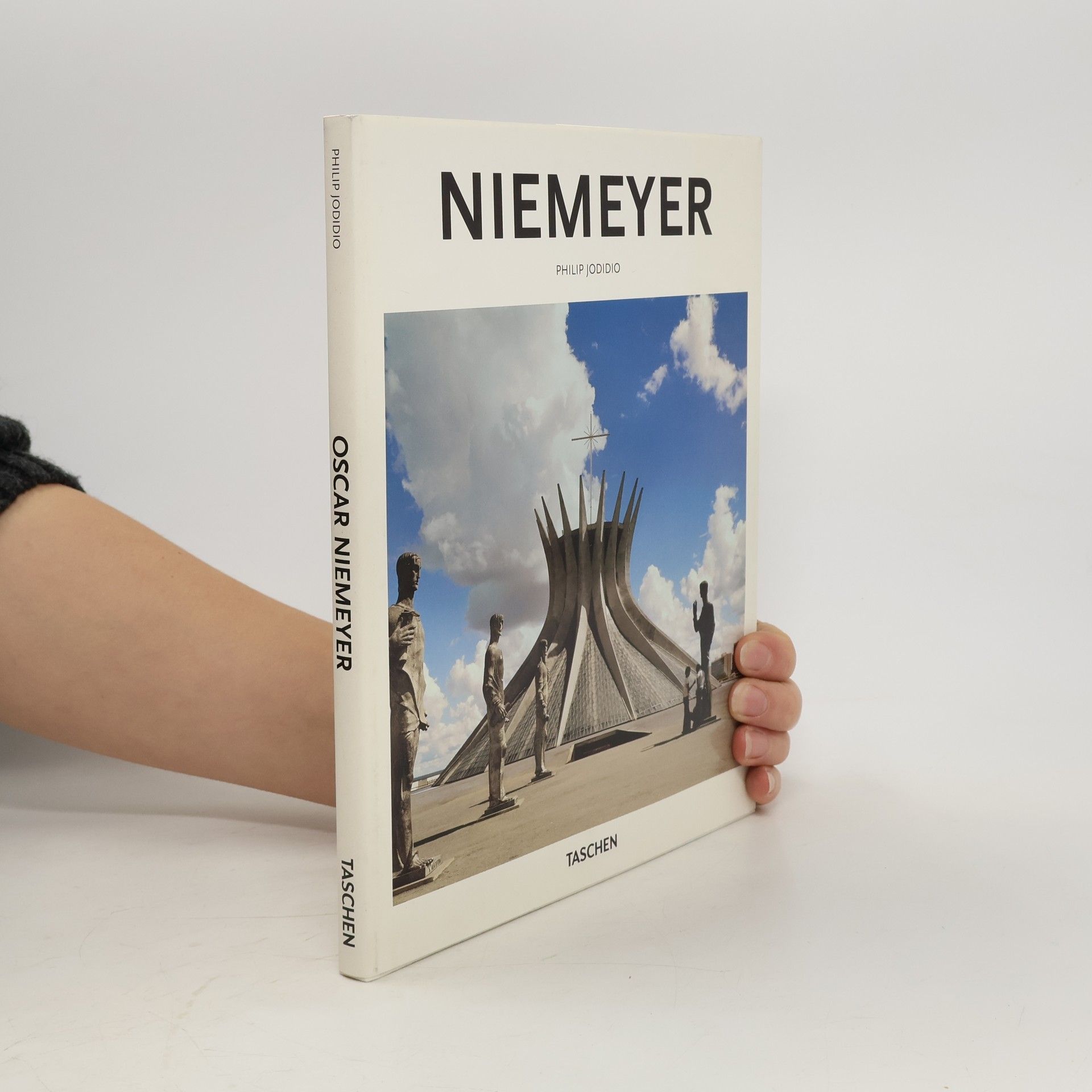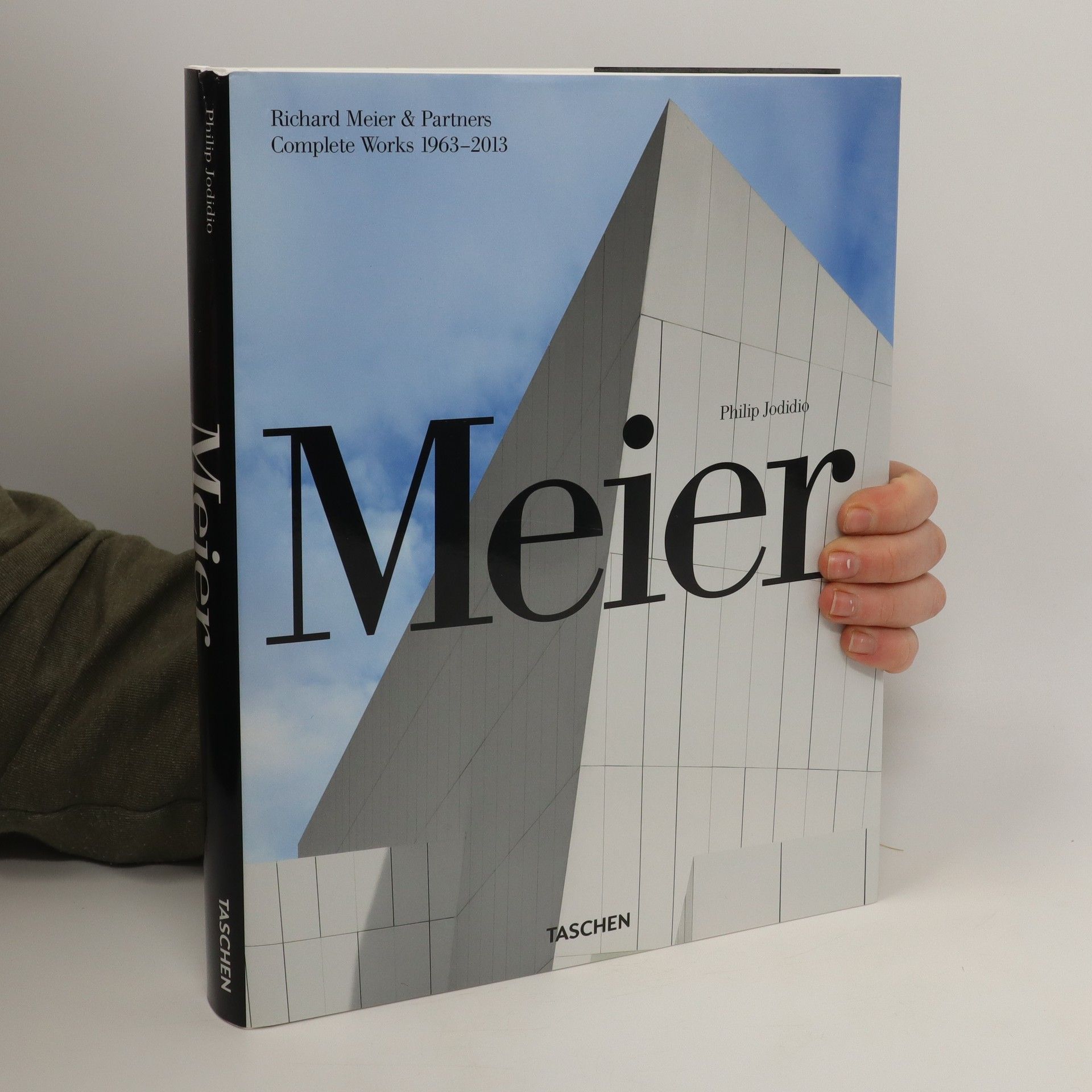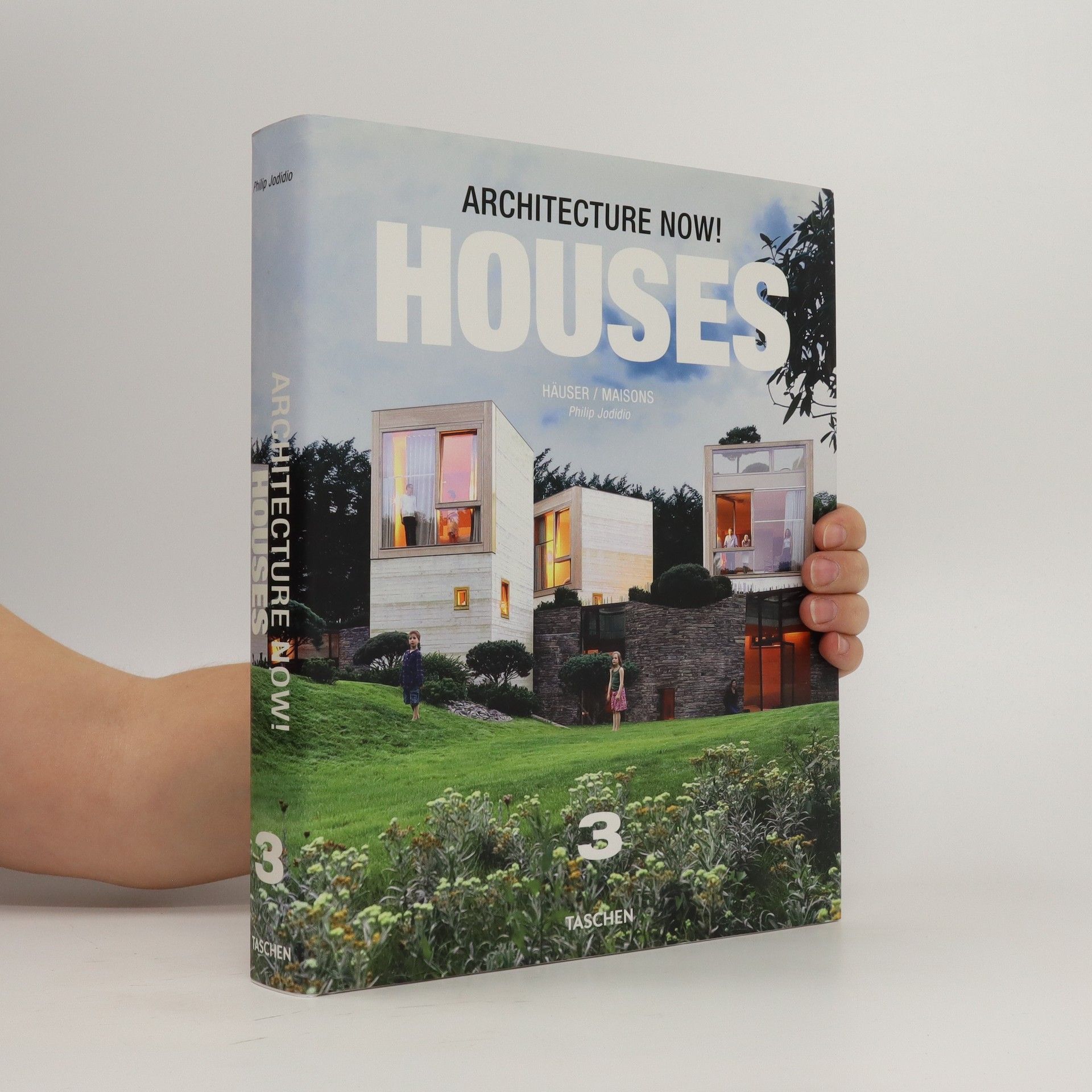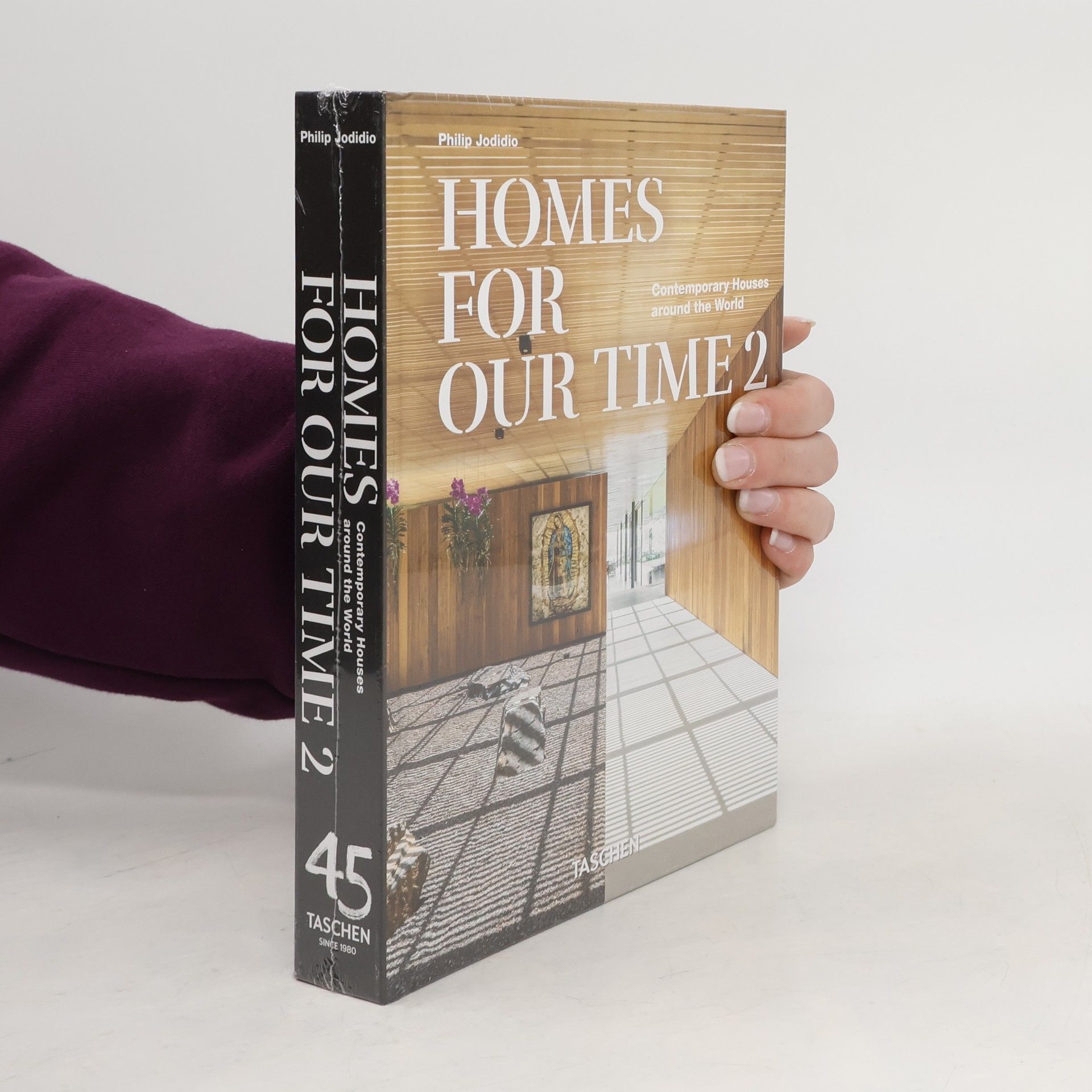Climate, environment, history, and technology are reshaping architecture globally. This volume in the Homes for Our Time series explores the housing revolution and poses critical questions about the role of homes in our endangered world and their capacity for innovation. In Sri Lanka, Palinda Kannangara designed the Frame Holiday Structure for $40,000, using steel scaffolding, exposed brick, and wood floors, allowing for easy disassembly and relocation in response to nearby floodplain conditions. Luciano Lerner Basso's Fortunata House in Brazil is built around an endangered tree and elevated on stilts to protect the forest floor. Miller Hull's Loom House near Seattle is noted as "the world's most environmentally ambitious home renovation," utilizing recycled materials and energy-efficient designs. Modern architectural history has predominantly reflected a Western male perspective, but this collection showcases over 60 buildings from Vietnam, South Africa, India, China, and more, created by diverse architects and collectives, signaling a departure from a singular style. Featuring stunning photography and detailed descriptions, Philip Jodidio presents a vision of diverse, sustainable architecture, highlighting private homes that range from modest to extravagant, inviting readers to dream of their own ideal spaces.
Philip Jodidio Book order (chronological)







The book explores the pivotal architectural and territorial projects of a prominent Chilean architect known for his innovative "geopoetic" approach. It highlights his influential designs and concepts that blend geography and poetry, showcasing how his work reflects and interacts with the environment. Through detailed analysis, the text reveals the architect's vision and impact on contemporary architecture, making it a significant resource for understanding modern architectural practices.
Houses Natural/Natural Houses
- 304 pages
- 11 hours of reading
The book showcases a collection of innovative small-scale houses that harmoniously blend with nature, encouraging a reimagining of sustainable living. It serves as an inspiring guide for architects, homeowners, and visionaries, emphasizing stylish and thoughtful design that minimizes environmental impact while promoting a fulfilling lifestyle.
Exploring modern sacred spaces in Japan, Korea, and France, this book offers a unique insight into the creative vision of a renowned Japanese architect. Through a rich collection of photographs, sketches, and plans, readers gain unprecedented access to the architect's thought process, revealing how these spaces reflect cultural and spiritual significance. The work highlights the intersection of architecture and spirituality, showcasing innovative designs that resonate with contemporary audiences.
The idea of climbing a tree for shelter, or just to see the earth from another perspective, is as old as humanity. In this neat TASCHEN edition, take a tour of some of our finest arboreal adventures with the most beautiful, inventive, and enchanting tree houses around the world.From romantic to contemporary, from famed architects to little-known craftsmen, you’ll scale the heights to visit all manner of treetop structures, from a teahouse, restaurant, hotel, and children’s playhouse to simple perches from which to contemplate life, enjoy the view, and discover that tree houses take as many forms as the imagination can offer. With an abundance of gorgeous photographs and illustrations, this is an ode to alternative living, where playful imagination meets eco-sensitive finesse.
Changing lifestyles and economic condictions as well as ecological concerns have fueled a move to smaller, more efficient living spaces. This book includes the most cutting-edge, effective, and appealing breakthroughs in home design and architecture within the past five years. A stunning collection of 50 outstanding works of small contemporary home design and architecture from around the world. Small Innovative Houses is the perfect source of inspiration for homeowners and architects alike.
Get closer and discover the world's finest selection of petite architecture. Including the work of Alphaville, Olson Kundig, BIG, Aranza de Arino, Takeshi Hosaka, and MAPA, this diverse collection of small but delicate houses proves that 100 square meters
Get closer and discover the world's finest selection of petite architecture. Including the work of Alphaville, Olson Kundig, BIG, Aranza de Ariño, Takeshi Hosaka, and MAPA, this diverse collection of small but delicate houses proves that 100 square meters is plenty of room for intelligent and responsible building. Dream big--build small.
Ever since Osaka World Expo '70 brought contemporary forms center stage, Japan has been a key player in global architecture. Presenting the Japanese art of building, this book reveals how the likes of Tadao Ando, SANAA, Shigeru Ban, Kengo Kuma, and Junya Ishigami are relinking past, present, and future--building greener and smarter than ever before.
Ando. Complete Works 1975–Today
- 740 pages
- 26 hours of reading
Entdecken Sie die einzigartige Ästhetik von Tadao Ando, dem einzigen Architekten, der mit den vier prestigeträchtigsten Preisen seines Metiers ausgezeichnet wurde : dem Pritzker-, dem Carlsberg- und dem Kyoto-Preis sowie dem Praemium Imperiale. Diese aktualisierte Gesamtschau erstreckt sich über die gesamte Breite von Andos Schaffen, einschließlich solch atemberaubender neuer Projekte wie dem Bourse de Commerce in Paris und dem Nakanoshima Children’s Book Forest in Osaka. Jedes Projekt wird anhand von Fotografien und Bauzeichnungen vorgestellt, die Andos beispiellose Verwendung von Beton, Holz, Wasser, Licht, Raum und natürlichen Formen aufzeigen. Mit Entwürfen preisgekrönter Wohnhäuser, Kirchen, Museen, Wohnanlagen und Kulturräume aus ganz Japan sowie Südkorea, Frankreich, Italien, Deutschland, Mexiko und den USA bringt Sie diese kompakte Ausgabe auf Tuchfühlung mit einem Meister der Moderne.


